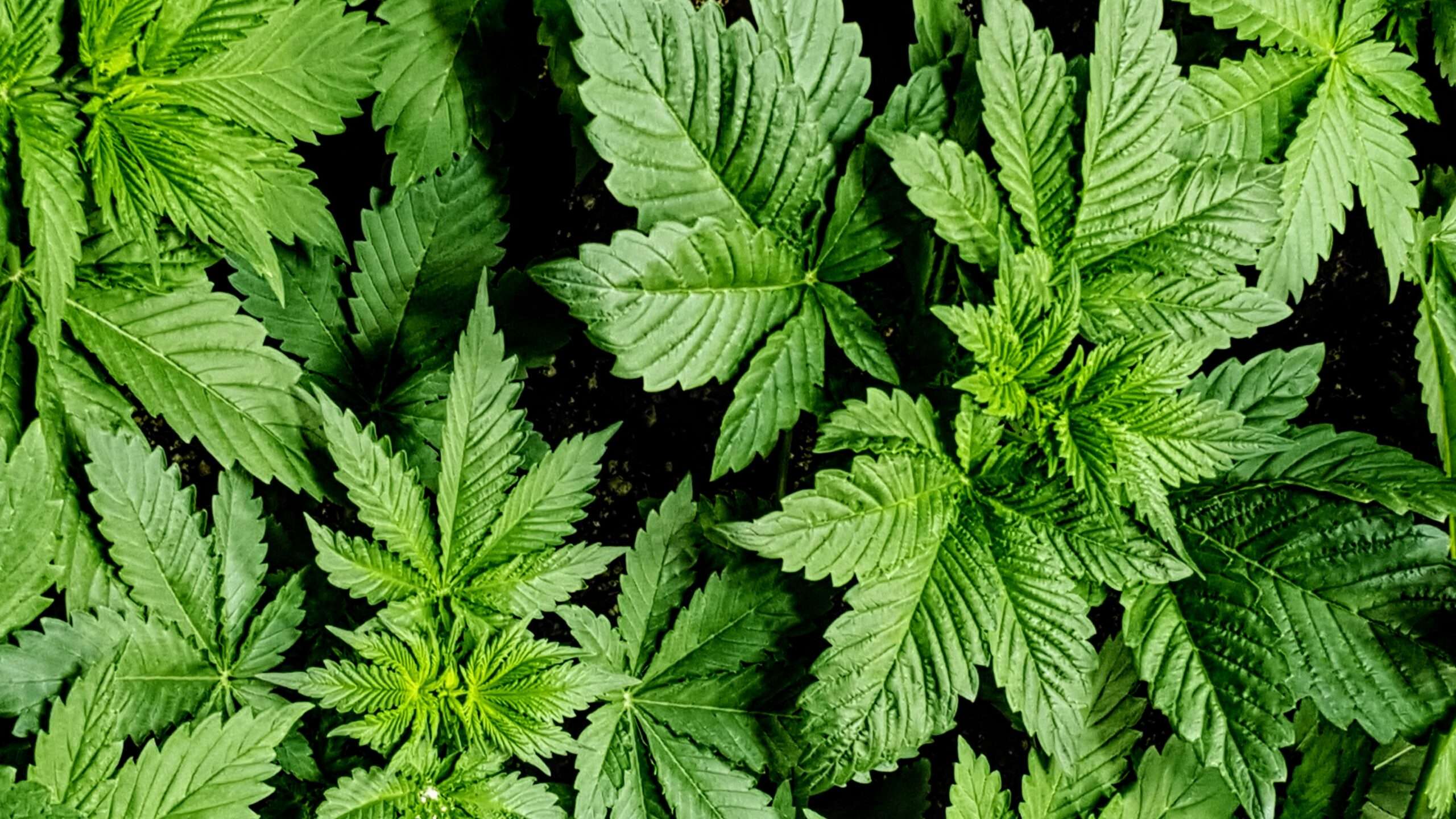Voters Turn Down Marijuana Legalization in North Dakota and South Dakota
In the recent elections, voters in North Dakota and South Dakota rejected proposed ballot initiatives aimed at legalizing recreational marijuana, showcasing a conflicting trend in voter sentiments towards cannabis legislation in largely conservative states. In North Dakota, Initiated Measure 5 garnered support from less than 48 percent of voters, while South Dakota’s Initiated Measure 29 was favored by approximately 42 percent with most ballots counted. These results reflect a strong Republican presence in both states; registered Republicans outnumber registered Democrats by more than two to one in South Dakota, where the GOP has maintained dominance in state governance, controlling the governorship and both legislative chambers since 1995.
Despite a previous approval of marijuana measures in South Dakota during the 2020 elections—where a medical marijuana initiative received nearly 70 percent support and a recreational measure 54 percent—subsequent attempts to legalize recreational use faced challenges. Following legal intervention by Republican Governor Kristi Noem, which brought the 2020 recreational measure to a standstill, reform advocates faced a more significant setback in 2022, when 53 percent of voters rejected the initiative. This year, Measure 29 proposed allowing adults aged 21 and older to possess limited amounts of marijuana and to grow a specified number of plants at home, albeit without provisions for commercial sales, differing from its predecessors.
Analyses of the voting patterns indicated uncertain prospects for the reform efforts. Support for Measure 29 failed to rise significantly, as polls indicated that even with notable financial backing—outspending opponents—the initiative received only muted enthusiasm among likely voters. Polling conducted in May found only 42 percent support compared to 52 percent opposing the measure, showing a distinct lack of momentum. Following the trend, a last-month poll indicated minimal improvement with 45 percent in favor and 50 percent against, demonstrating that public sentiment was not in favor of the recreational measure despite attempts to rally support.
In North Dakota, the environment was similarly prohibitive for cannabis legalization, with the state’s Republican majority steadfastly opposing recreational initiatives since 2018. In the past, North Dakota voters demonstrated a preference for medical marijuana, approving it by a significant margin in 2016. However, attempts to legalize recreational cannabis in the subsequent years—2018 and 2022—were met with rejection, revealing a pattern of hesitancy or resistance to broader marijuana legalization despite a seeming openness to medical use.
Measure 5, which proposed legalizing recreational marijuana in North Dakota, would have allowed adults to possess a limited amount and cultivate a few plants. Unlike its failed predecessors, it sought to introduce a commercially regulated framework for production and distribution, a critical facet of broader legalization measures. Even with no identifiable opposition spending recorded prior to the election, the support levels for recreational marijuana legalization among the electorate were still lacking, with only 45 percent in favor against 40 percent opposed at the time of the single poll that captured voter sentiment.
The outcomes in both states signal not just a rejection of proposed initiatives but also reflect the broader political landscape and the complexities of shifting public attitudes towards marijuana legalization in predominantly conservative areas. While North and South Dakota had shown some willingness to accept medical marijuana, the transition to accepting recreational use appears plagued by ongoing skepticism and political resistance, emphasizing the challenges that reformers face in states where Republican control remains entrenched. These recent elections may serve as a catalyst for more strategic approaches to advocacy and public education regarding the potential benefits and implications of marijuana legalization moving forward.
Share this content:












Post Comment